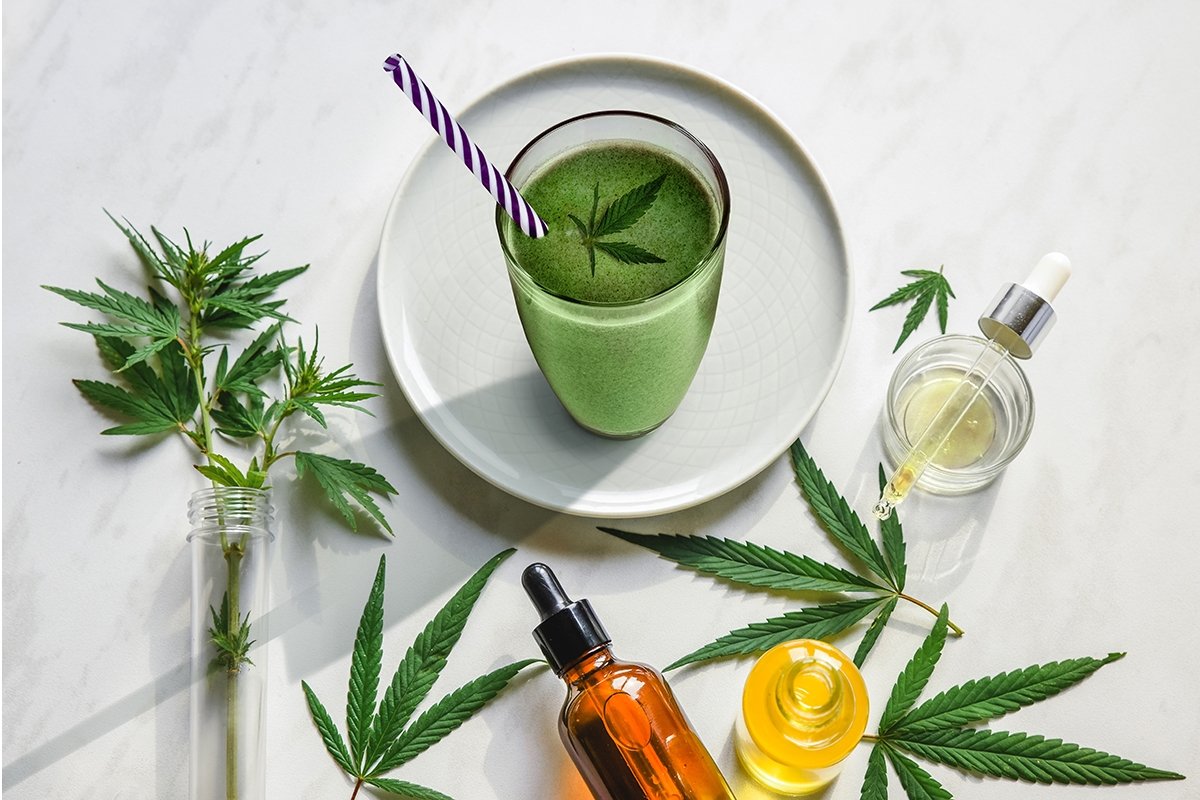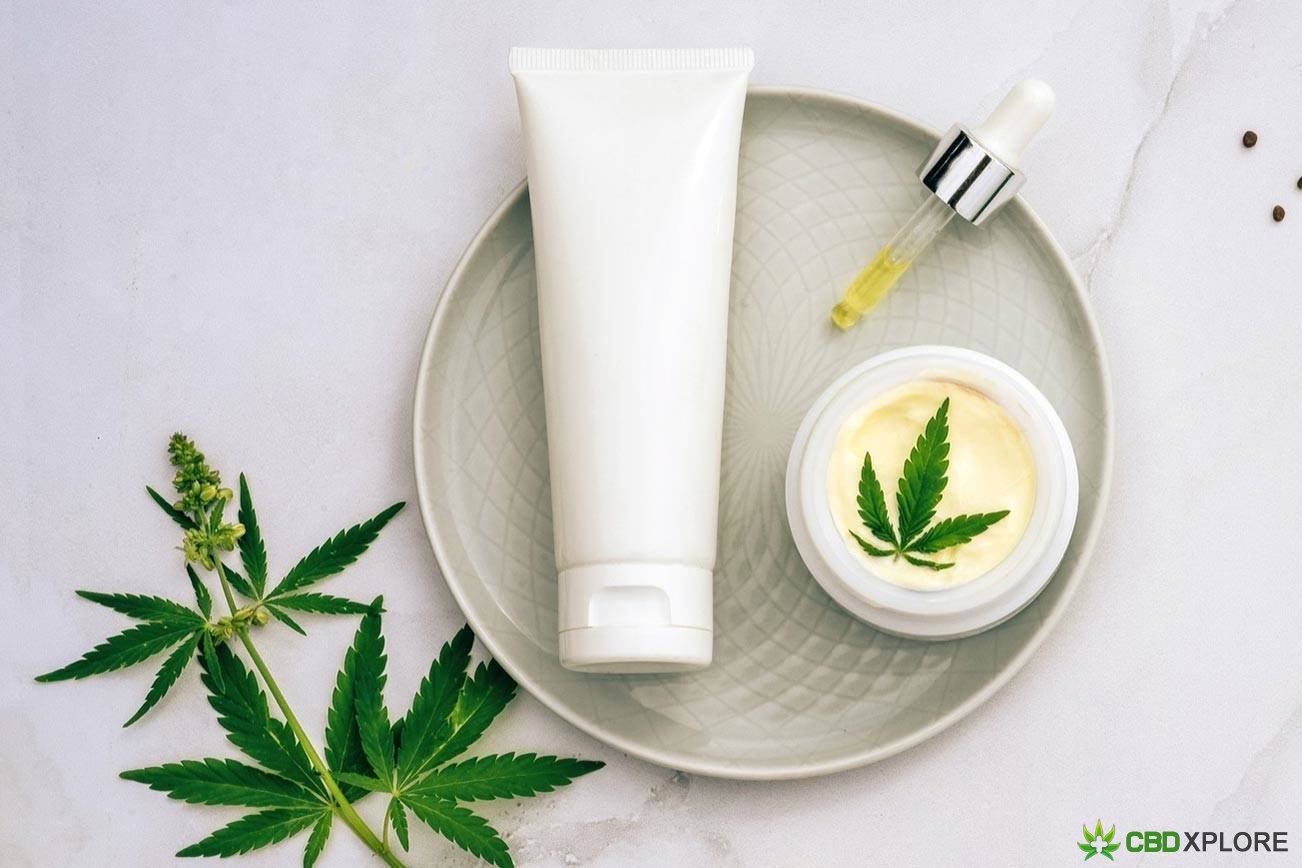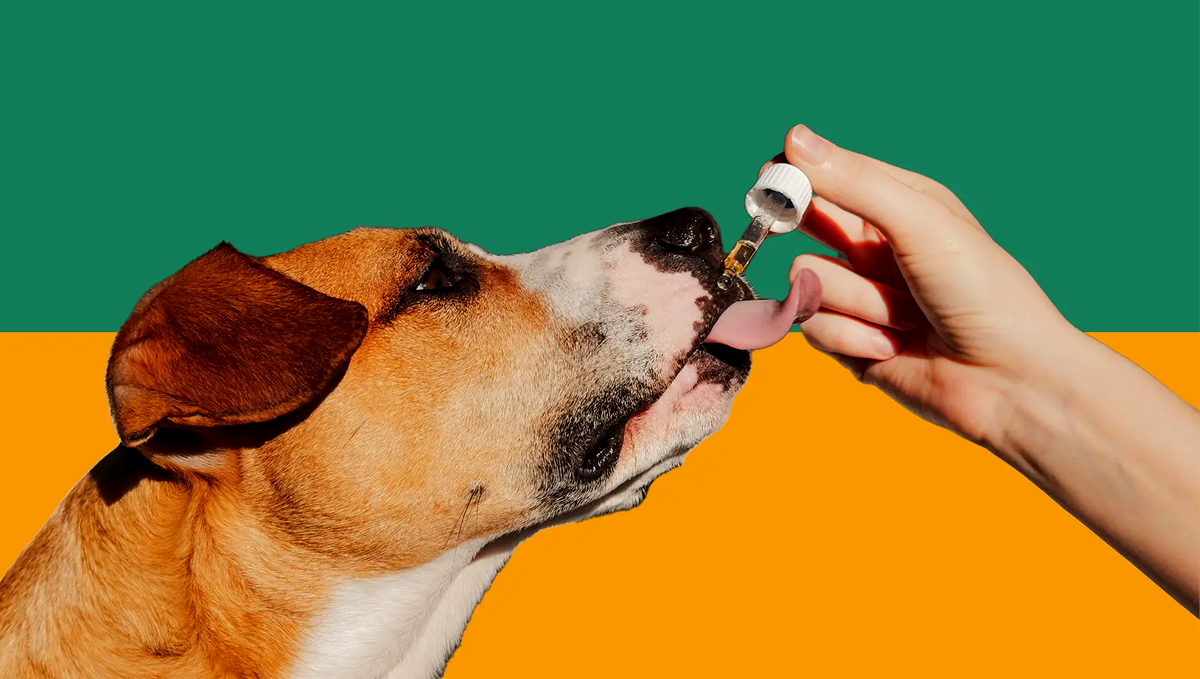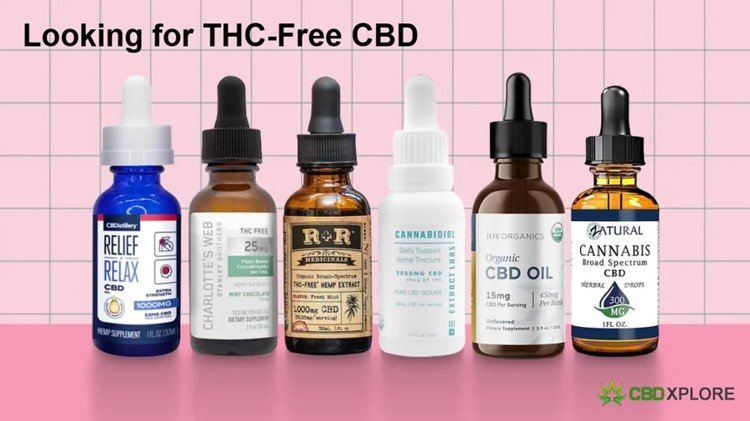Edibles vs. Smoking: The Distinct Cannabis Experiences Explained
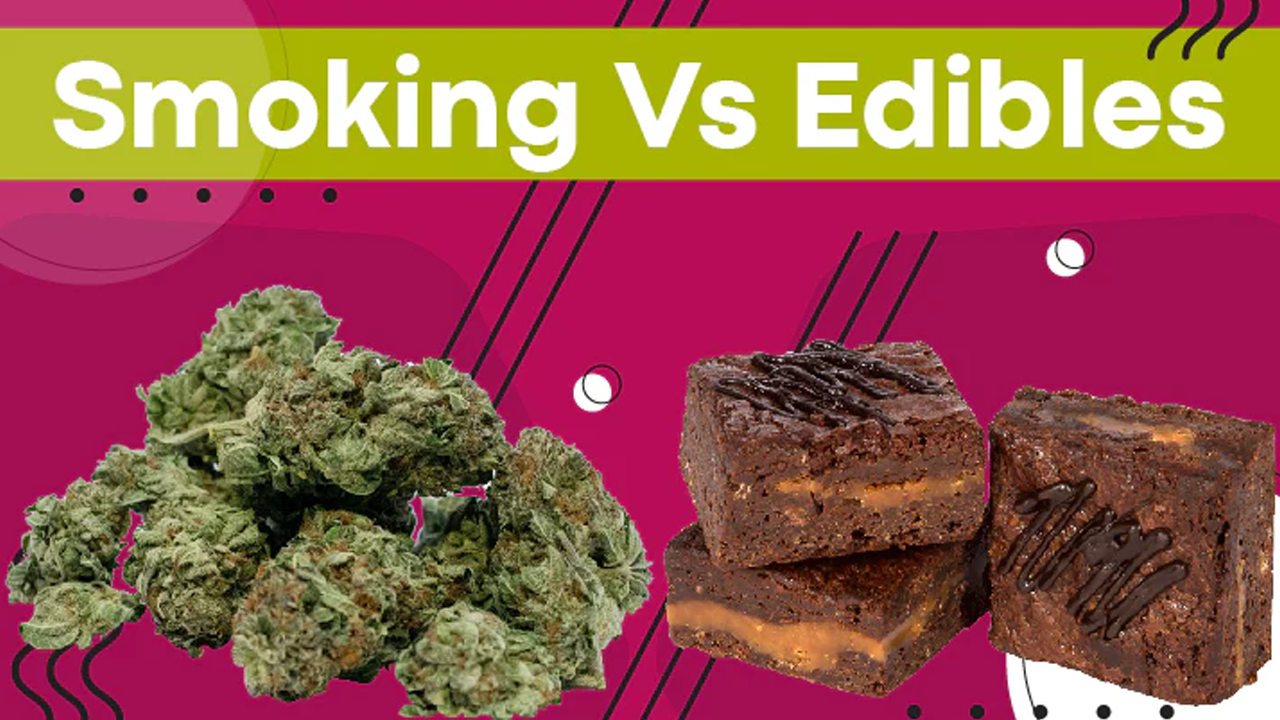
Cannabis has been utilized by civilizations for thousands of years, both for medicinal and recreational purposes. But even with its long-standing history, the distinction between consuming it as an edible versus smoking it remains a topic of intrigue.
Explore the Contents
A Brief History of Cannabis Use
From ancient China to modern-day Colorado, cannabis has played various roles in human culture. Whether used for spiritual rituals, medicinal remedies, or simply for recreation, its impact on society has been undeniable.
Smoke vs. Edibles: The Basic Difference
Smoking cannabis means inhaling its vapors, while eating it requires digestion. This might seem like a trivial distinction, but the body’s processing of the active compounds vastly differs, leading to distinct experiences.
Why Eating Cannabis Edibles Feels So Different from Smoking Weed, According to Experts
As we dive deep into the science, we’ll unveil how the body’s reaction to cannabis changes based on the consumption method .Eating cannabis edibles and smoking weed offer two distinct experiences due to how THC, the primary psychoactive compound in cannabis, is absorbed and processed in the body.
When smoked, THC rapidly enters the bloodstream, leading to almost immediate effects. In contrast, edibles require digestion, with THC being metabolized by the liver into a more potent compound called 11-hydroxy-THC. This process results in a delayed onset of effects that can be more intense and longer-lasting than those from smoking. Experts highlight the liver’s role and the different metabolic pathways as primary reasons for the varied experiences between these two consumption methods.
-
Anatomy of THC: The Active Compound
Delta-9-tetrahydrocannabinol, or THC, is the primary psychoactive ingredient in cannabis. When consumed, it interacts with our body’s endocannabinoid system, resulting in the effects we associate with being “high.”
-
The Pathway of THC: Inhalation vs. Digestion
When smoked, THC travels directly to the brain via the bloodstream, causing rapid effects. On the other hand, when consumed as an edible, THC undergoes a more complex journey, including a significant pit stop in the liver.
-
First Pass Metabolism: The Liver’s Role
The liver plays a pivotal role in converting the THC in edibles to 11-hydroxy-THC, a more potent compound. This metabolic change contributes to the intensified and prolonged effects observed with edibles.
-
Onset and Duration: Why Edibles Can Take Longer and Last Longer
Ever heard someone say, “The edible hasn’t hit yet?” There’s a reason for that. Unlike smoking, which produces almost instant effects, edibles might take anywhere from 30 minutes to 2 hours to kick in, but they often last much longer.
-
Variability in Individual Experiences
Not everyone experiences cannabis the same way. Factors like metabolism, tolerance, and even genetic predisposition can influence one’s reaction to both smoking and edibles. Variability in individual experiences, especially when it comes to substances or interventions, often stems from a combination of genetic makeup, physiological differences, psychological states, and environmental factors.
What might deeply affect one person might barely touch another, and vice versa. Such variations are especially pronounced with substances like cannabis, where factors such as metabolism speed, body mass, tolerance levels, and even an individual’s mood or surroundings at the time of consumption can greatly influence their overall experience. It’s a vivid reminder that no two individuals will navigate experiences in exactly the same way.
-
Dosing and Potency: Finding the Right Amount
With edibles, it’s crucial to start low and go slow. Given the delayed onset and potential for stronger effects, dosing becomes a critical consideration for safe consumption.

How the Body Processes Smoked vs. Eaten Cannabis
The body’s mechanisms for processing inhaled versus ingested cannabis are quite distinct, leading to the differences we experience in effect intensity and duration.
-
Absorption Rate and Efficiency
Smoking offers a rapid absorption of THC, while edibles require a lengthier process through the digestive system, influencing the efficiency and speed at which effects are felt.
-
The Influence of Other Food in the Stomach
Believe it or not, what you’ve eaten before consuming an edible can influence how quickly and intensely you feel the effects.
-
Factors Affecting the Experience: Genetics and Tolerance
Ever wondered why your friend can handle more edibles than you? Genetics and individual tolerance levels play a role in how one processes and reacts to cannabis.
Potential Benefits of Edibles Over Smoking
For some, edibles offer a preferable alternative to smoking, presenting certain benefits that align better with their needs. Edibles offer several advantages over smoking cannabis. Firstly, they eliminate the need for inhalation, which can be beneficial for those concerned about the potential respiratory effects of smoking. The longer-lasting effects of edibles can provide extended relief for medical users, such as those with chronic pain or insomnia.
Additionally, edibles offer discreet consumption without the distinct odor of smoked cannabis, making them a preferred choice for many who value privacy. Lastly, the diverse range of edible products, from chocolates to beverages, allows users to find a method of consumption that suits their preferences and dietary needs.
-
Healthier for the Lungs
Without the smoke and tar associated with combusted plant material, edibles present a lung-friendly option for cannabis consumption.
-
Discreet and Odor-free Consumption
No need for smoke, matches, or lingering odors. Edibles offer a discreet way to enjoy cannabis without the tell-tale signs.
-
Controlled Dosage and Consistency
With lab-tested edibles, users can have a clear understanding of the THC content, allowing for consistent and controlled dosing.
-
Long-lasting Effects for Chronic Pain Management
For those seeking extended relief, edibles can offer prolonged effects, making them ideal for managing chronic pain.
Challenges and Cautions with Edibles
As with all things, edibles come with their set of challenges and precautions. Edibles present a unique set of challenges and require extra caution compared to other forms of cannabis consumption. Due to the delayed onset of effects, there’s a risk of overconsumption as individuals might ingest more, thinking they haven’t taken enough. The intensity and duration of the high can also be overwhelming for some, especially beginners.
Moreover, dosing can be inconsistent across products, making it hard to predict how strong the effects might be. Combining edibles with other substances or medications can lead to unforeseen reactions. Hence, it’s crucial to start with a low dose, be patient, and understand your tolerance when venturing into the world of cannabis edibles.
-
Overconsumption Risks
Given their delayed onset, there’s a risk of consuming too much before the effects kick in, leading to an overwhelming experience.
-
Delayed Onset Can Lead to Overdosing
Impatience can be a downfall. Consuming more edibles while waiting for the initial dose to take effect can result in overdosing.
-
Variability in Homemade Edibles
Without laboratory testing, homemade edibles can have inconsistent potency, making dosing a challenge.

Conclusion : Edibles vs. Smoking
Choosing the Right Cannabis Consumption Method for You. Both smoking and edibles have their merits. Ultimately, the best method depends on individual preferences, needs, and tolerances.
Read More: CBD Marijuana and Hemp: Exploring Introduction Uses and Legal Status
FAQs : Edibles vs. Smoking
Why do edibles take longer to kick in than smoked cannabis?
Edibles must be digested and metabolized by the liver, a process that takes time, whereas smoking allows THC to enter the bloodstream directly.
Are the effects of edibles stronger than smoking?
Often, yes. This is due to the liver converting THC into a more potent compound, 11-hydroxy-THC, when consumed as an edible.
How can I ensure I don’t consume too much when trying edibles?
Start with a low dose and wait at least two hours before considering consuming more.
What role does the liver play in the effects of edibles?
The liver metabolizes THC into 11-hydroxy-THC, a compound that is more potent and can produce more intense effects.
Is it possible to have a bad reaction to edibles?
Yes, especially if one consumes too much. Symptoms can include paranoia, anxiety, and extreme discomfort.
How long do the effects of edibles last compared to smoking?
While it varies among individuals, edibles generally have longer-lasting effects, often several hours, compared to the shorter duration of smoked cannabis.
